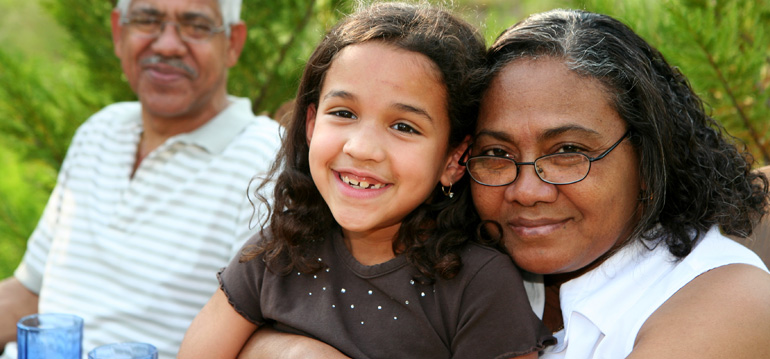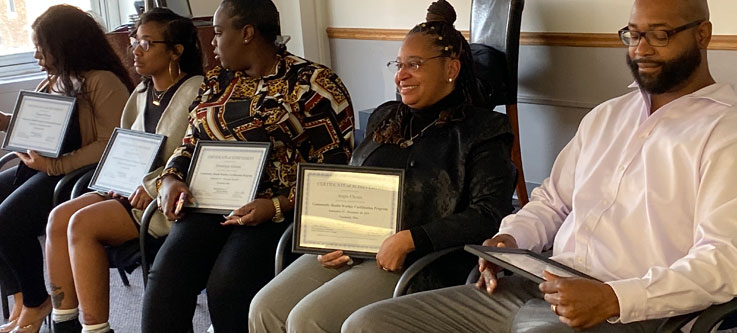What is a Community Health Worker?

Sign up today! —> Connect with a Community Health Worker. Call 513-707-5697 or complete the online application form.
Often when we reflect on our interactions with health care, we think of the doctors and nurses who examine our bodies and prescribe a plan of action. But how do we know who to see in the first place? How do we know what our insurance covers or how to take care of ourselves if we’re not insured? How do we make sure we can get to that appointment and, once there, how do we make sure we can take whatever next steps the clinician advises?
For people who need help navigating the health care system, Community Health Workers can answer these questions. A Community Health Worker (CHW) is a trusted source of information and guidance who links members of a community with necessary health care and social services. Because CHWs are members of the communities they serve, they can connect culturally with their clients and are well positioned to understand their clients’ needs, whether that’s a translator at the clinic or bus fare to get there.
CHWs typically work in communities that are less likely to have access to health care, due to their race, ethnicity, language, or socioeconomic status. Living in rural areas far from health care providers or experiencing bias and discrimination in health care settings can also be reasons someone would benefit from the involvement of a CHW. In the Cincinnati area, CHWs work in a variety of communities, including with recently arrived refugees.
CHWs can have different titles, including “community health advisors, lay health advocates, promotoras, outreach educators, community health representatives, peer health promoters, and peer health educators.” Regardless of what they’re called, multiple studies have shown that CHWs can improve health outcomes. One Florida study showed that a group that worked with CHWs to address diabetes and cardiovascular disease were motivated to take better care of their health, which included taking concrete steps to delay or prevent those chronic illnesses. A South Dakota study showed that people living with cancer who worked with a CHW during radiation “had an average of three fewer days of treatment interruptions.”
Many employment opportunities exist for people training to become CHWs. The field is expected to grow 14 percent from 2022 to 2032.





